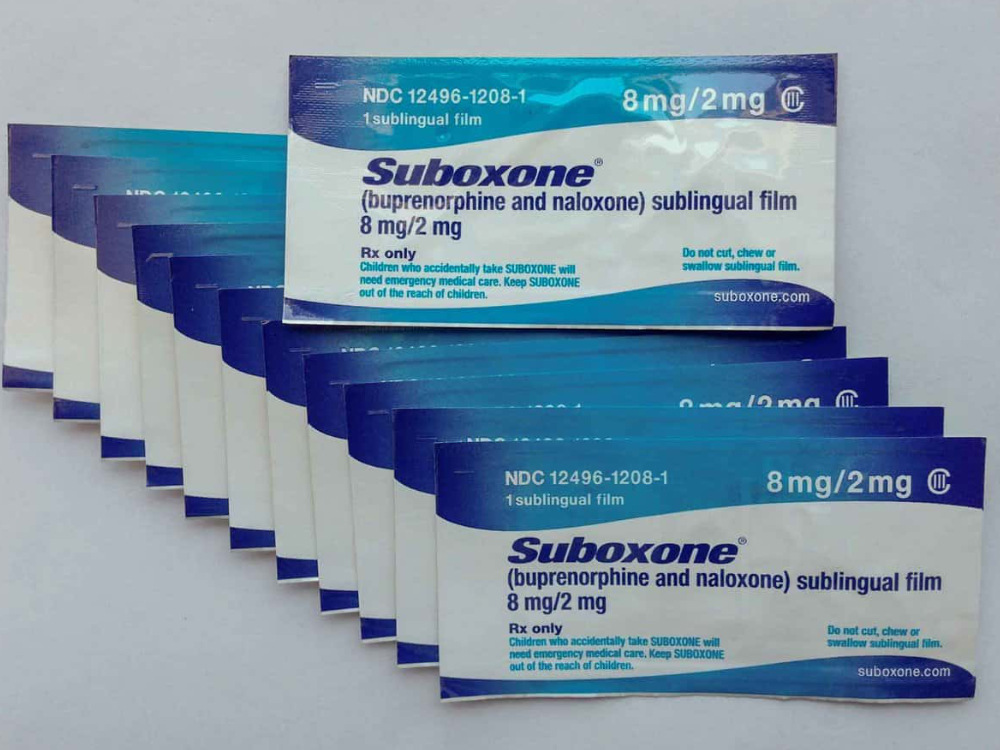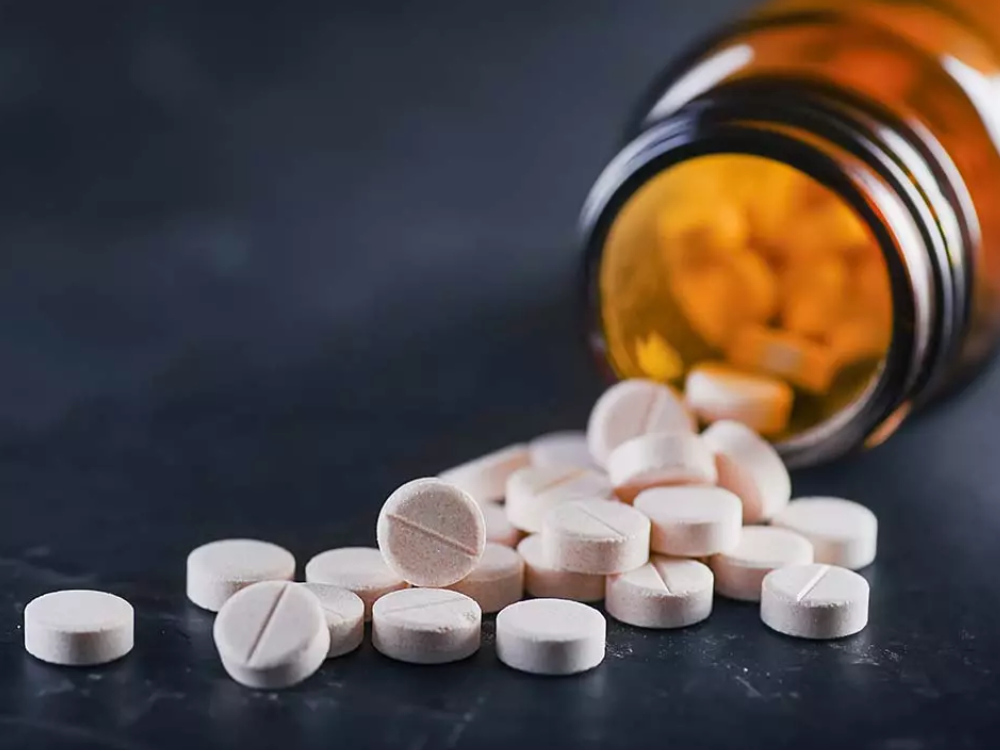- Home
- Ibogaine Treatment
- For Substance Abuse
- Long-Acting Opioids Addiction
Long-Acting Opioids Addiction
Long-Acting Opioids Addiction (Subutex/Suboxone)
The Distinction between Opioids and Opiates
The terms opioids and opiates are often used interchangeably, but they refer to different things. Opioids are a broad category of drugs that bind to opioid receptors in the brain, inducing pleasure, sedation, and pain relief. They can be either natural or synthetic compounds. In contrast, opiates are a specific type of drug derived from the opium poppy plant, such as morphine, codeine, and heroin. While all opiates are opioids, not all opioids are opiates.

Differentiating Short-Acting and Long-Acting Opioids
The half-life of a substance, or how long it stays in the body, determines whether it is short- or long-acting. Drugs with a short half-life are metabolized and eliminated more quickly, while those with a long half-life remain in the body for a more extended period. Long-acting opioids such as buprenorphine, suboxone, and methadone cause more prolonged withdrawal periods than short-acting opioids, as can be seen from the chart below


Ibogaine Treatment for Short-Acting Opioid Addiction
Ibogaine is highly effective in treating short-acting opioids, including heroin, Dilaudid, codeine, Percocet, Demerol, and oxycodone. Ibogaine treatment is most effective when administered during the onset of opioid withdrawals, allowing the brain receptors to receive the medication freely. Ibogaine acts on the brain and its receptors to more fully detox the brain and body.
Ibogaine Treatment and Long-Acting Opioids
Addressing Long-Acting Opioids in Ibogaine Treatment
Individuals using long-acting opioids such as methadone or buprenorphine must switch to short-acting opioids anywhere from three weeks to a month before ibogaine treatment. Weaning off long-acting opioids can be difficult, with several weeks of withdrawal symptoms.
Be wary of any ibogaine center that claims that a single ibogaine treatment can eliminate withdrawal symptoms, as this is simply not true. Legitimate ibogaine treatment centers will always require a switch to short-acting opioids before treatment.
Although switching back to short-acting opioids may seem counterproductive, it is necessary to follow the proper treatment protocols. Going for ibogaine treatment with long-acting opioids in the system can result in continued withdrawal symptoms even after treatment. It is crucial to be cautious of treatment centers that claim otherwise.


Below is a list of short-acting opioids to switch to before ibogaine treatment:
Short-Acting Opioids/Opiates
Fentanyl
Heroin
Hydrocodone (Vicodin)
Hydromorphone (Dilaudid)
Levorphanol
Meperidine (Demerol)
Morphine
Oxycodone (OxyContin, Percocet)
Oxymorphone (Opana)
Pentazocine (Talwin)
Tramadol
Following the correct protocols is crucial for effective ibogaine treatment and a successful recovery from opioid addiction. Give us a call and we will talk you through the various options.

